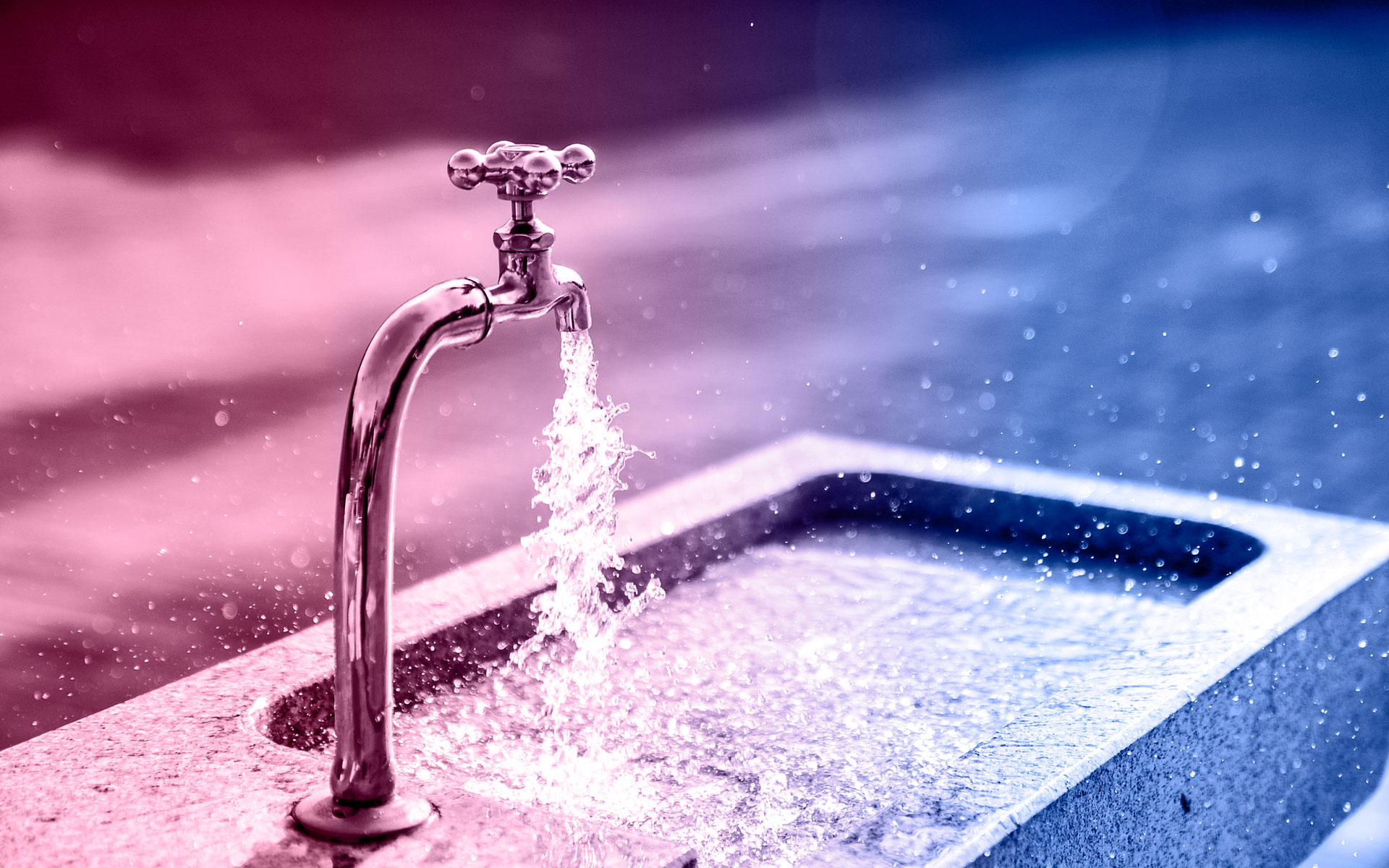
What we achieve
AQUAMAN aims to establish the MED Water Scarcity Mitigation Alliance, bringing together over 35 organizations committed to tackling water scarcity in vulnerable touristic areas. This collaborative network will enhance transnational cooperation by sharing knowledge and innovative tools, thereby strengthening institutional capacities across the region. Public partners and stakeholders will gain access to ready-to-use water management solutions that can be adapted to their local contexts.
The project also updates and expands the SMILO accreditation scheme, incorporating comprehensive strategies for mitigating water scarcity on small islands. Additionally, it will integrate gender equality and sustainable tourism leadership, building on AQUAMAN’s complementary initiatives. A significant milestone will be the adoption of an innovative solution by Small Islands Organisation (SMILO), ensuring its long-term application within the island network.
Furthermore, seven transfer strategies are being developed to facilitate the implementation of water scarcity mitigation measures across the Euro-MED region. These efforts will be unified under a comprehensive Mediterranean Water Scarcity Mitigation Action Plan, designed to consolidate knowledge and promote replicability. The outputs will be crafted for endorsement and adoption by water agencies, local authorities and ministries.
By working closely with policy-makers, AQUAMAN ensures that strategies are tailored to meet specific regional needs. The Consortium’s structure guarantees realistic uptake and strong institutional commitment. Ultimately, AQUAMAN will drive sustainable water governance, fostering resilience in coastal and island communities throughout the Mediterranean.
Expected results

AQUAMAN unites organizations to combat water scarcity in Mediterranean tourist regions by empowering institutions with practical, transferable tools for effective water management. The project strengthens regional cooperation through knowledge exchange and capacity building, while enhancing small island sustainability with the updated SMILO accreditation label. It promotes gender-inclusive and sustainable tourism leadership approaches and pilots innovative solutions for long-term adoption within island networks. Through the delivery of seven strategic guides, AQUAMAN supports the transfer of water scarcity mitigation measures across the region. A comprehensive action plan unifies these efforts and ensures their replicability. By actively engaging policy-makers, the project co-develops and implements tailored strategies, fostering institutional collaboration across borders for lasting impact. Ultimately, AQUAMAN supports resilient water governance in vulnerable coastal and island areas, transforming regional water scarcity challenges into shared opportunities for sustainability.

